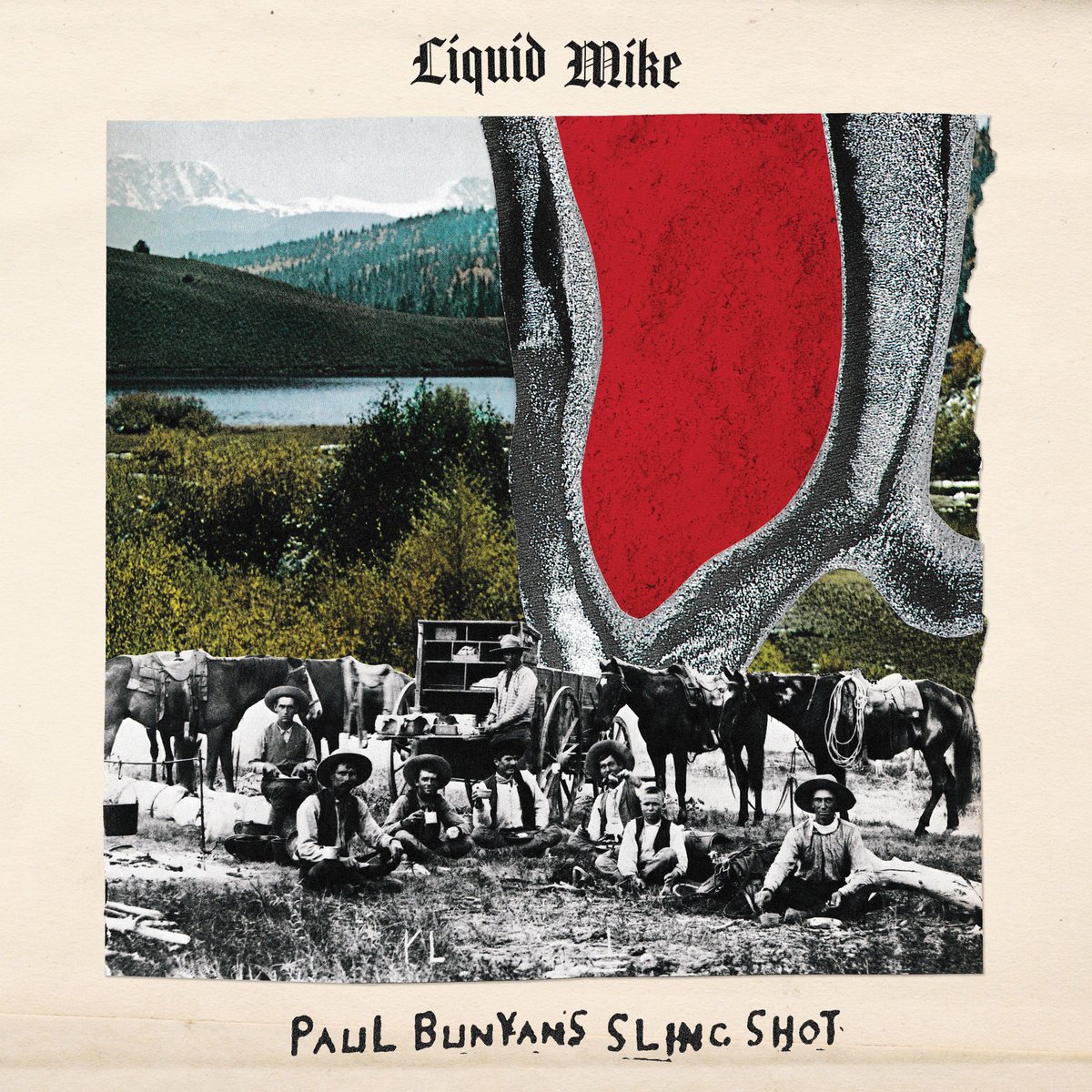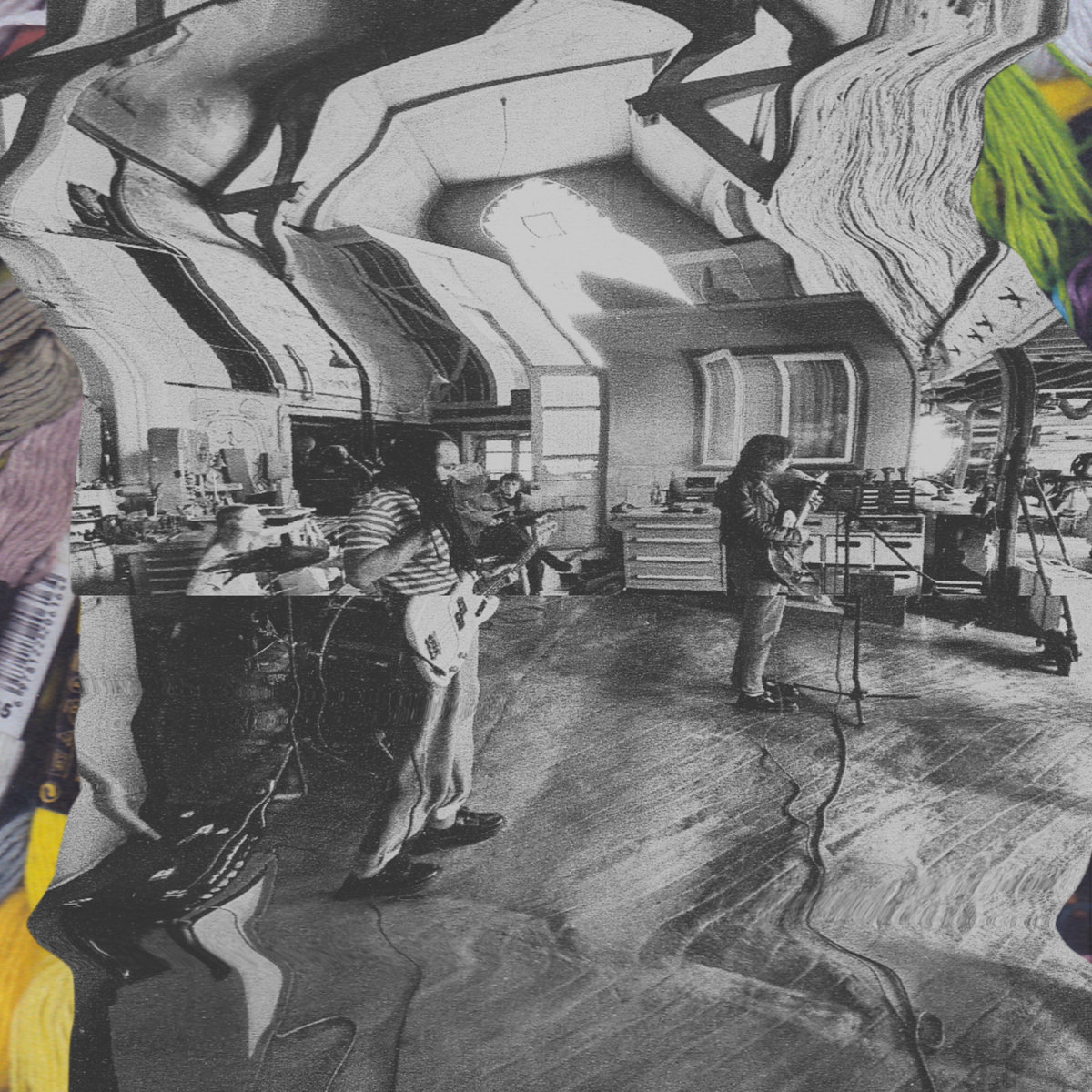Friko – Where we've been, Where we go from here | Album Review
/ATO Records
“Heaven is out there / Middle of nowhere /
Hiding away until it’s time.”
I love art that forces me to think critically about it.
In high school and later college, I prided myself on reading difficult classics in order to understand why art was considered “art.” While I don’t regret reading James Joyce’s Ulysses for an independent study, I tend to see greater use for it as a paperweight nowadays.
Sometime after graduating, I really got into watching films. For the past few years, I’ve aimed to watch at least 75 movies by year’s end. I’ll watch and find something to enjoy in everything from Eraserhead (1977) to Women Talking (2022). Hell, I even unironically loved Beau is Afraid (2023).
When I owned a turntable, I would read along with the lyrics of whatever records I played. It’s not that the albums were poorly mixed or that the lyrics were indecipherable, even though a fair amount of them were mumbly shoegaze. In fact, in those genres where the words were more obscured, I liked that the meanings and themes were buried behind intriguing, elusive imagery.
This preamble is not to say I’m pretentious (e.g., I contend the Venom movies are a darn good time). I just love to wrestle with authorial intent and artistic interpretations. I simply love the messiness inherent in art.
Friko’s Where we’ve been, Where we go from here falls squarely in this category of “challenging” art.
As I listened to Friko’s debut LP for the umpteenth time, the lyrics didactically teased me on the computer screen. The natural reverb of the room filled my ears. With the orchestral strings warming my wintry heart, an epiphany dawned: I’ll never solve the puzzle of their album, or at least not all of it. But Friko already knew that, as per “Chemical,” where the band sings, “Starting to believe / The puzzle never solves / Because it’s all / Chemical.”
To songwriters Niko Kapetan and Bailey Minzenberger’s credit, solving the puzzle of it all is not the point of their record. The processing, not the product, is the message. Vocalist/guitarist Kapetan is in search of “better for yourself and the people around you” while struggling in our turbulent world. Sometimes, that comes in the form of lamenting lost love like “For Ella,” and other times, that chase is shown through deliberate ignorance like on “Get Numb to It!”
The lens through which Kapetan struggles for better is as vast as the genres that Friko explores. Art rock, chamber pop, and literary indie rock enthusiasts will all find something to love here. Sudden dynamic shifts, the strings, or the live performances that remind you of the best-sounding DIY venues. The music video for album opener “Where We’ve Been” depicts Friko’s expansive, masterful musicality in an intimate room. Emotion quivers through Kapetan’s voice until it explodes into catharsis. Natural amp feedback is pushed into wall-of-sound territory while Minzenberger’s drums maintain the guiding heartbeat to keep listeners on the road to better.
Friko is a group of excellent musicians building off the backbone of talented songwriters whose brand of artistry is decidedly left of mainstream. Despite the learning curve inherent in interpreting an album like Where we’ve been, Where we go from here, Friko manages to convey clear, passionate yearning as artists in search of something better, be that love or the omnipresent fight to grow and change. Like my favorite pieces of art, contending with Where we’ve been is a challenge worth undertaking, not for its end, but for the depths explored along the way.











